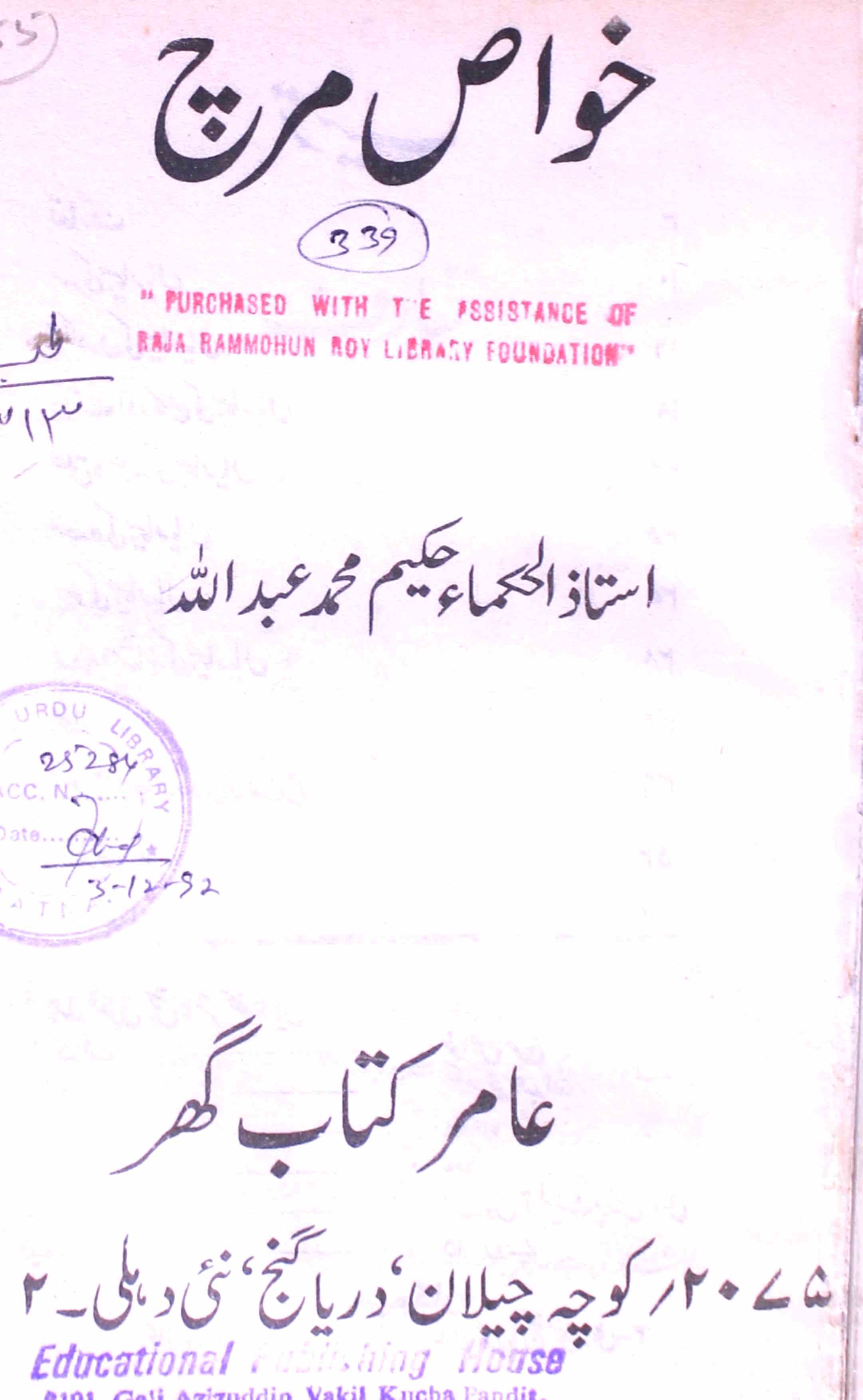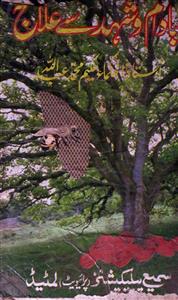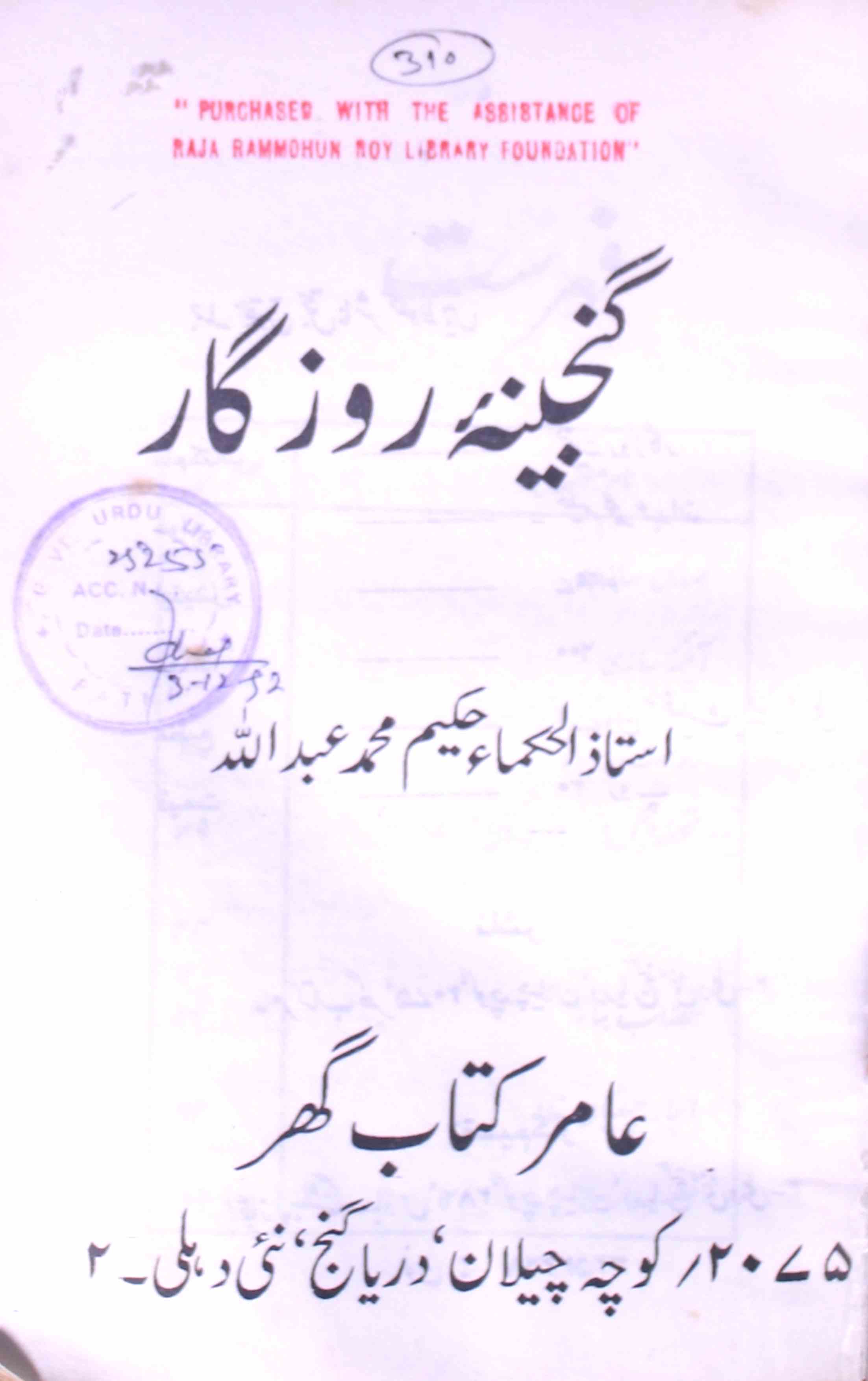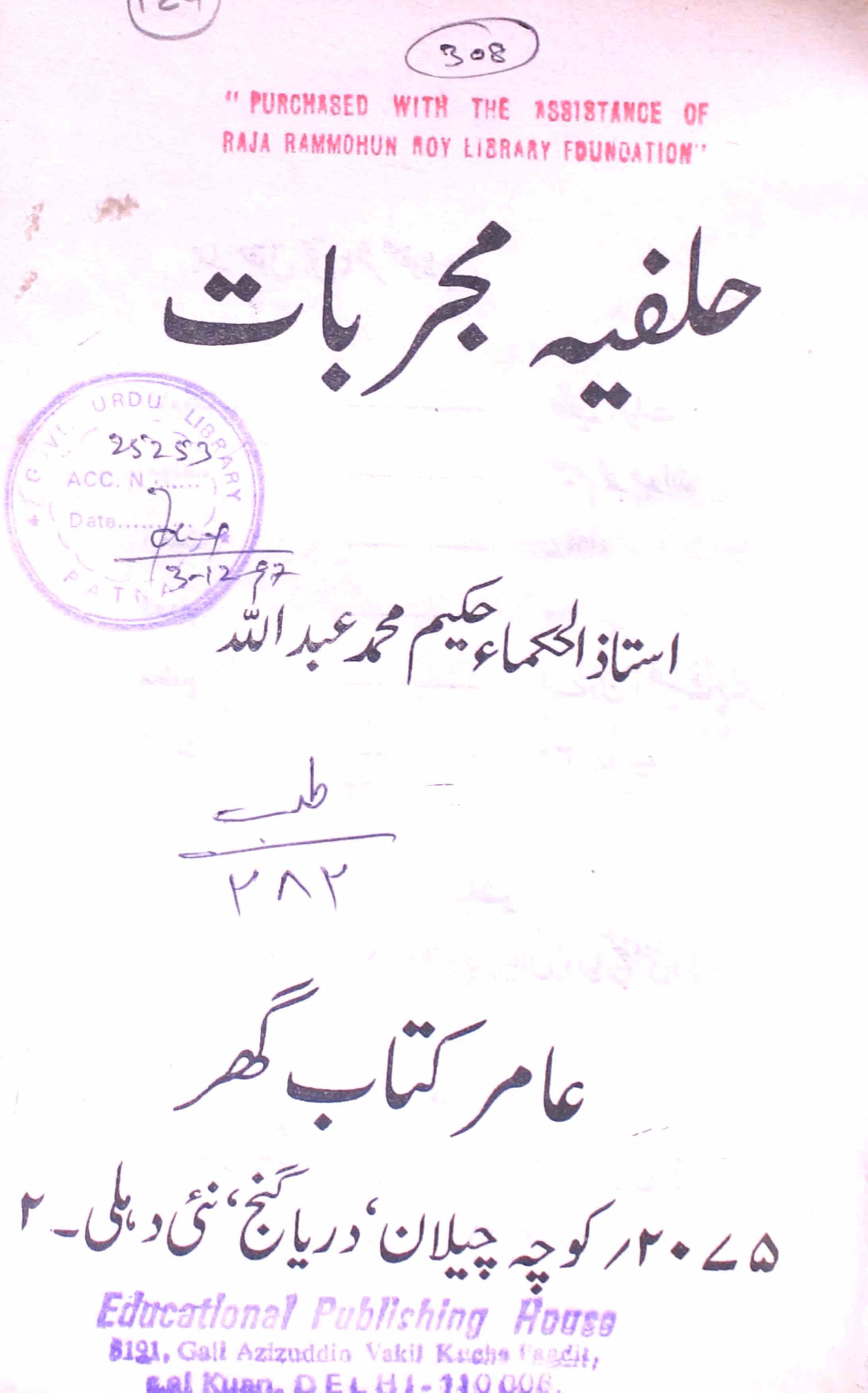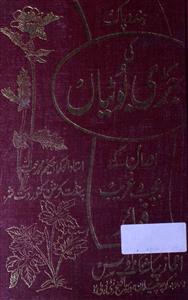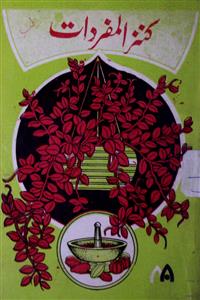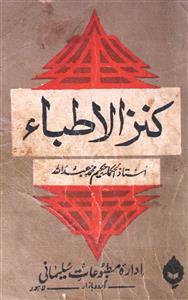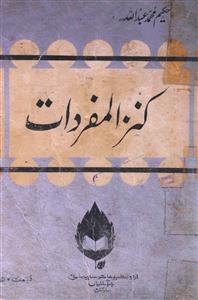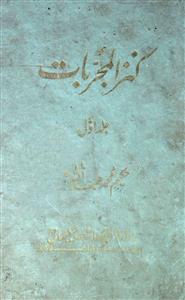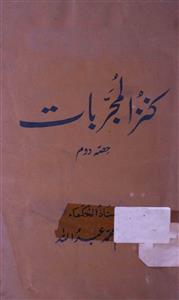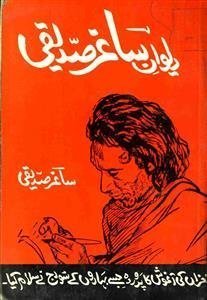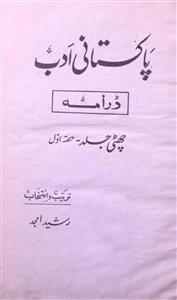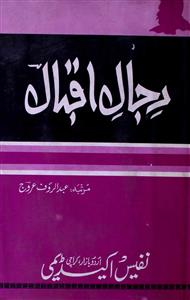 For any query/comment related to this ebook, please contact us at haidar.ali@rekhta.org
For any query/comment related to this ebook, please contact us at haidar.ali@rekhta.org
About The Author
Ustadh al-Hukama Hakim Muhammad Abdullah (1904–1974) was a distinguished and renowned figure in the medical world of the Indian subcontinent, needing no formal introduction. His family had a longstanding legacy of Unani medicine, religious scholarship, and authorship spanning generations. He hailed from the town of Rori, in district Sirsa (present-day Haryana, India), in what was then united Punjab. His father, Maulana Muhammad Suleman, was a well-known physician and Islamic preacher—widely recognized as a devout saint and supporter of Islamic movements in India.
Hakim Abdullah was a devoted student of Maulana Khairuddin Sarsawi and also studied for a time under Hakim Abdul Wahab Ansari, famously known as "Nabina Sahib," the teacher of Hakim Ajmal Khan. At just nineteen, in 1923, he authored his first book "Khwas-e-Phitkari", dedicated to treating various ailments with the inexpensive compound alum. When publishers in Lahore declined to print a book by an unknown author, he established his own publishing house Dar al-Kutub Sulemani in remote Rori.
By 1946, nearly 60 of his medical works had been published and were widely appreciated. The total number of his published and unpublished works—many of which remained in India after Partition—approaches 140. In 1934, the All-India Unani and Ayurvedic Tibbi Conference, established by Hakim Ajmal Khan, recognized his contributions as monumental to Unani medicine. He was awarded a first-class certificate and a gold medal, becoming the first Tibbi author to receive such an exceptional honor.
Following the Partition of India, he migrated from his homeland and settled in Jahanian, District Khanewal (Pakistan), where he continued publishing under Maktaba Sulemani, releasing six books in his Silsila Khwas (Series on Medicinal Properties). Due to financial constraints, he temporarily granted publication rights to Sheikh Muhammad Ashraf, a book trader from Kashmiri Bazaar, Lahore.
His clinic in Jahanian became a place of solace and healing for many. He remained devoted to the pen and to the service of medicine until his final days. As a speaker, his sermons were eloquent and persuasive, and he maintained personal connections with many prominent religious and academic figures in Pakistan.
Love for books was a family trait he inherited. In Rori, he owned a personal library with over 10,000 rare and valuable books, regarded among the finest private libraries in India. Despite post-Partition challenges, he reestablished a similar collection in Jahanian under the name Sulemani Library, once again amassing 8,000–10,000 books within a few years
 For any query/comment related to this ebook, please contact us at haidar.ali@rekhta.org
For any query/comment related to this ebook, please contact us at haidar.ali@rekhta.org
